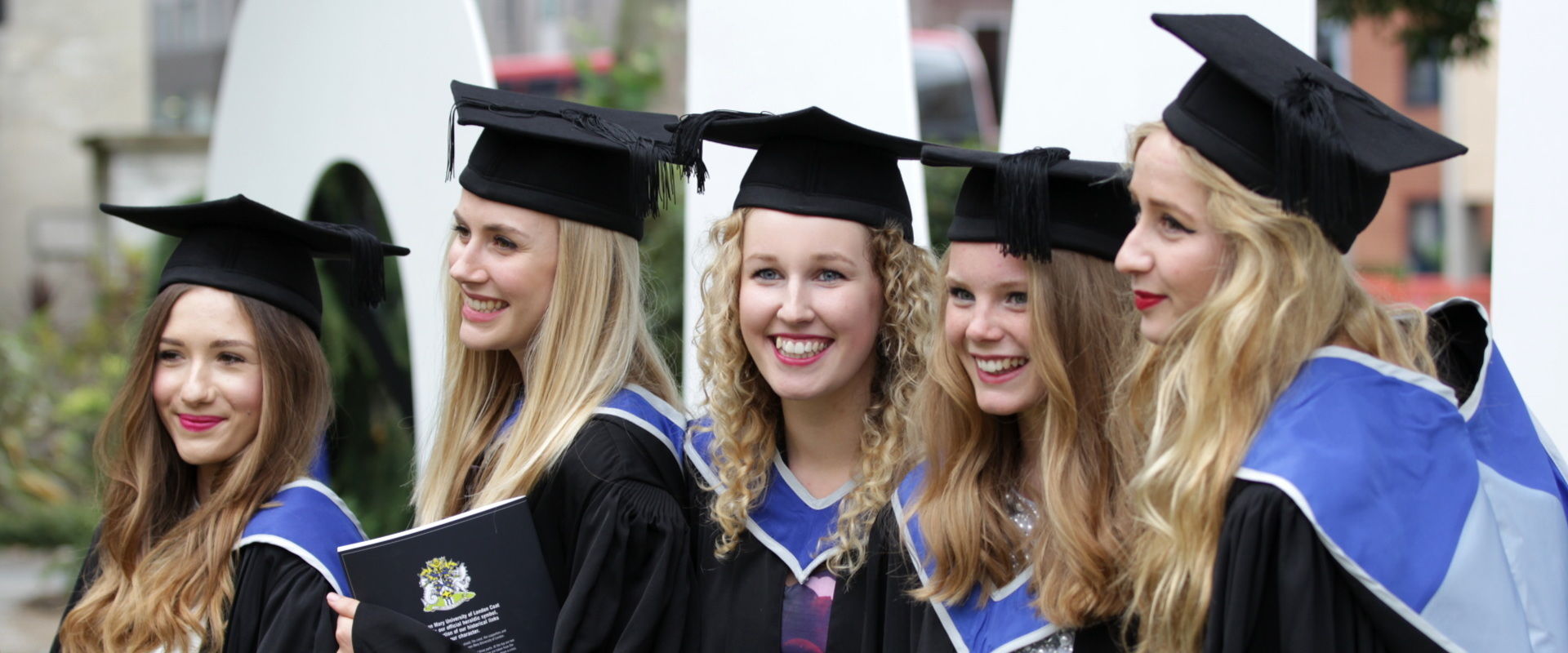MSc Aerospace Structures and Materials
Modern aerospace structures typically require the use of composite materials, advanced manufacturing of structural components, optimal design and thin-walled constructions. The programme is aimed at students who already have an in depth knowledge of aerospace engineering and material science, and who wish to specialise further in an area of Aerospace Structures and Materials. You will be able to choose study modules that align with your background, your choice of specialisation area and your project topic.
Aircraft manufacturers and design today face the challenge of developing lighter, fuel-efficient and environmentally-friendly aircraft. To cope with requirements of the development of novel aero-structures, advanced techniques in manufacturing make effective use of advanced materials. To obtain the level of performance required from flight structures, thorough knowledge of material limitations, structural stability and strength considerations are essential. In the School of Engineering and Materials Science, current researches emphasizes on the advanced computational material/structural design, thermo-mechanics, machining/forming of titanium components, structural dynamics, vehicular crashworthiness, multiscale modelling, functional graded materials structures, aeroelasticity, structural health monitoring and design optimization. This specialization covers theory, computations, experiments and implementation issues, as well as the study of specific cutting edge aerospace vehicles.
This MSc includes a substantial research project in aerospace structure and material engineering, supervised by staff working in a wide range of research areas and working in our excellent facilities. These include high performance computing clusters owned by QMUL, a wide range of internal combustion engines, heat transfer facilities, wind tunnels, an anechoic chamber, a UK cueSim Flight Simulator, a France-Price Induction jet engine test bench, and materials synthesis and characterization labs.
Our academic staff, are involved in internationally recognized research in a wide range of topics, including:
- - Aerospace structures, including manufacturing and optimization
- - Materials science, including structural and functional materials
- - Computational engineering, both solids, aero-acoustics, and aerodynamics
- - Heat transfer and fluid mechanics
- - Control engineering
- - Robotics
Intakes
- Sep
- Jan
Application Processing Time in Days: 30
Application Process
Minimum English Language Requirements
| English Level Description | IELTS (1.0 -9.0) | TOEFL IBT (0-120) | TOEFL CBT (0-300) | PTE (10-90) | |
|---|---|---|---|---|---|
| Expert | 9 | 120 | 297-300 | 86-90 | |
| Very Good | 8.5 | 115-119 | 280-293 | 83-86 | |
| Very Good | 8 | 110-114 | 270-280 | 79-83 | |
| Good | 7.5 | 102-109 | 253-267 | 73-79 | |
| Good | 7 | 94-101 | 240-253 | 65-73 | |
| Competent | 6.5 | 79-93 | 213-233 | 58-65 | |
| Competent | 6 | 60-78 | 170-210 | 50-58 | |
| Modest | 5.5 | 46-59 | 133-210 | 43-50 | |
| Modest | 5 | 35-45 | 107-133 | 36-43 | |
| Limited | 4 | 32-34 | 97-103 | 30-36 | |
| Extremely Limited | < 4 | < 31 | < 93 | < 30 |
Job Opportunity Potential
Careers support
The services we offer to support your career development include:
- one-to-one appointments to help you with your career direction, give feedback on job applications, offer insight into the job market and prepare you for interviews
- workshops to support your career development and job hunting
- employer events attracting recruiters and alumni from a rich range of sectors
- support for finding internships and parttime jobs
- specialist careers consultants to support PhD students through appointments, events and workshops.
Support for international students
- We offer a programme of support for international students throughout the year, which involves talks on how to find graduate work in the UK and an International Students Week featuring external speakers.
- Students can search for jobs across the world with our international jobs database, as well as browse our guides on getting work in particular markets.
- All students have access to a rich programme of employer events and career development workshops, running across the University year.
Support after graduation
Our careers support continues after you leave Queen Mary.
- All graduates have access to our Careers and Enterprise services for two years after graduation.
- You can have -
free one-to-one appointments in person, over the phone or via Skype
Attend our employer events
use our online psychometric testing and mock-interview software
access our jobs board – over 3,000 employers uploaded vacancies in 2018/19.
Queen Mary graduates have gone on to work in these organisations:
• Accenture • Allen & Overy • Arup • AstraZeneca • Baker McKenzie • Barts Health NHS Trust • European Central Bank • Fintech Innovation Lab • Google • HSBC • IBM • Institute of Cancer Research • Institute of Dentistry • J.P. Morgan • Jaguar Land Rover • Lloyds Banking Group • Natural History Museum • Penguin • PwC • Queen Mary • Save the Children • Shell • Stella McCartney • Thales • Thomson Reuters • World Economic Forum ...and many more!
Careers success
93% of our postgraduates are in work and/or study six months after graduation. 84% of those in work/study are in highly skilled work/study (most recent DLHE Survey of 16/17 leavers)*
Enterprise support
Many students and graduates across Queen Mary start or grow their own business or social venture each year. In 2018/19, Queen Mary gave out £45,000 in seed funding to help students start new, or grow existing businesse
PSW Opportunity
- 2 Years PSW is applicable after the course completing (Bachelors level or above).
Admission Requirement / Eligibility Criteria
Degree requirements
- A 2:1 or above at undergraduate level
India
We normally consider the following qualifications for entry to our postgraduate taught programmes: Bachelor Degree (minimum 3 years) from selected institutions.
- UK 1st class degree: 70% to 80%
- UK 2:1 degree: 60% to 70%
- UK 2:2 degree: 50% to 60%
Offer conditions will vary depending on the institution you are applying from. For some institutions/degrees we will ask for different grades to above, so this is only a guide.
- Course Type: Full Time
- Course Level: Masters/PG Degree
- Duration: 01 Year
-
Total Tuition Fee:
23950 GBP
Annual Cost of Living: 12006 GBP
Application Fee: N/A
Similar Programs
- Telecommunication and Wireless Systems MSc at Queen Mary University of London
- M.Sc Sustainable Energy Engineering at Queen Mary University of London
- Sustainable Energy Systems MSc at Queen Mary University of London
- MSc Mechanical Engineering at Queen Mary University of London
- M.Sc Machine Learning for Visual Data Analytics at Queen Mary University of London
- MSc in Internet of Things (Data) at Queen Mary University of London

